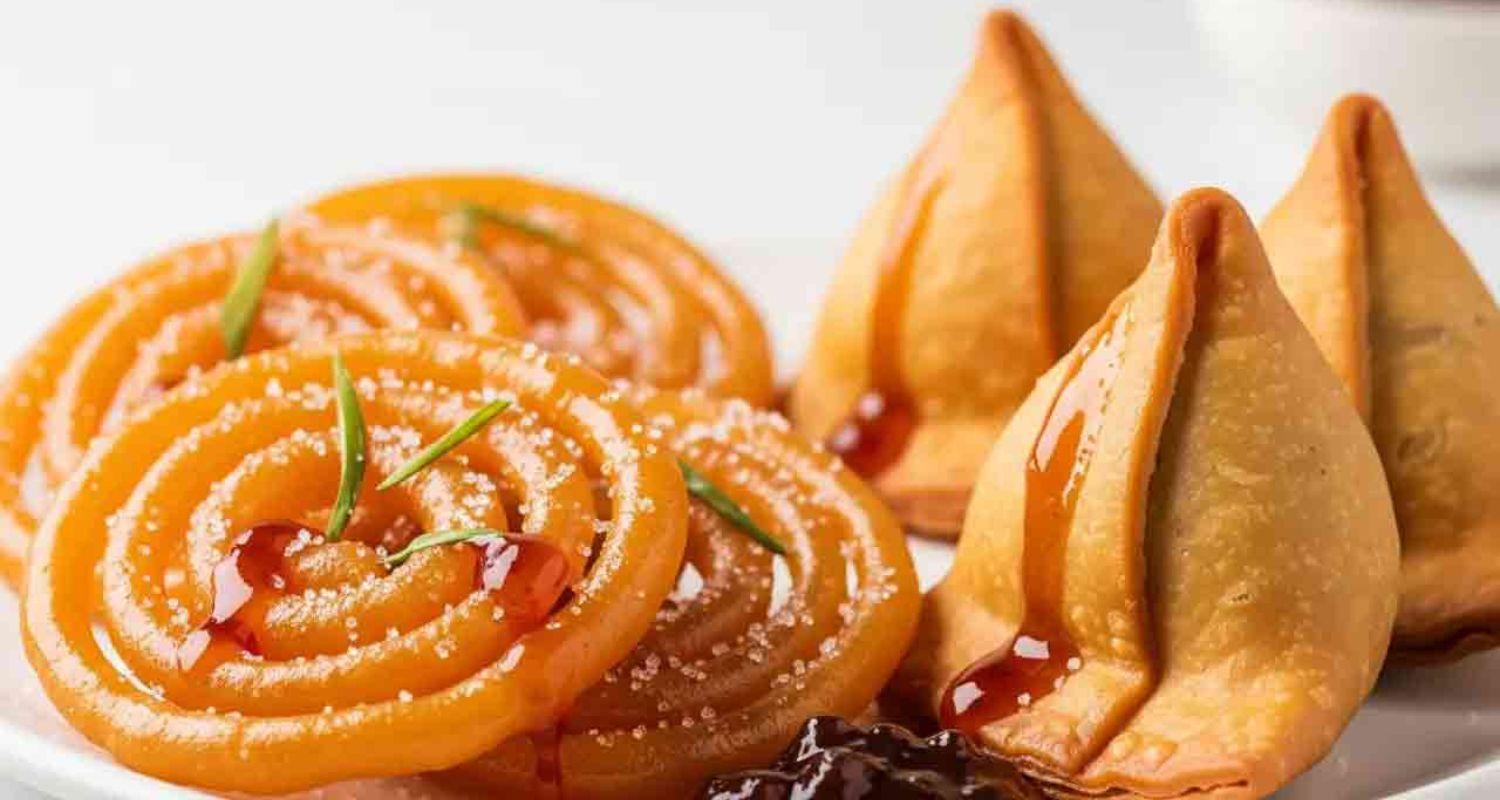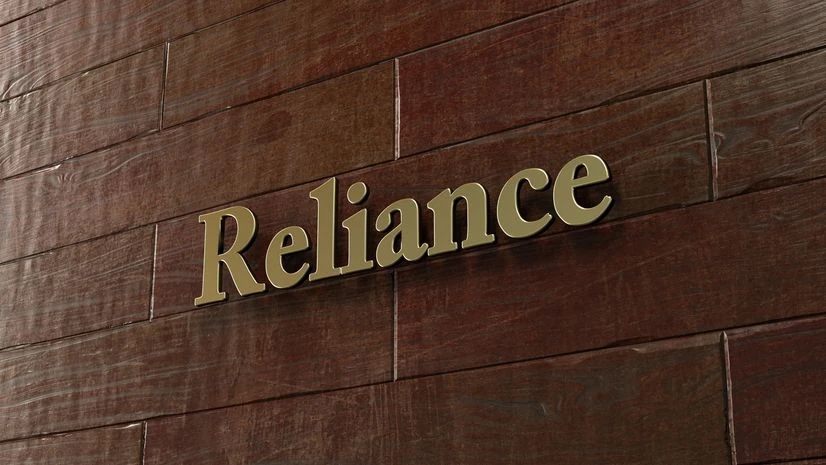 Image Source: News Arena
Image Source: News Arena
Key Highlights
India’s cherished snacks and desserts—jalebi, samosa, laddoo, gulab jamun, kaju katli, and ghewar—have landed on a health alert list, with leading cardiologists warning about their link to the country’s rising rates of heart disease, obesity, and diabetes. Following new Health Ministry advisories, experts are urging greater awareness and moderation in consuming these traditional treats.
How the Top Five Indian Sweets Affect Heart Health
Jalebi: Deep-fried in refined oil and soaked in sugary syrup, jalebi has a very high glycaemic load. Regular consumption leads to dangerous spikes in blood sugar and insulin, encourages fat accumulation around organs, and raises triglyceride levels. Over time, this can create insulin resistance, fueling type 2 diabetes and cardiovascular risk.
Gulab Jamun: Also deep-fried and syrup-heavy, gulab jamun is rich in saturated fats and sugars. Eating it frequently can raise post-meal glucose and blood lipid levels, increase weight gain, and lead to fatty liver disease.
Ladoo: These often use ghee and sugar with gram or wheat flour. The high calorie and saturated fat content encourages buildup of LDL (bad cholesterol) and decreases HDL (good cholesterol), contributing to arterial plaque and disruption of lipid profiles.
Kaju Katli: Made from cashews and sugar, kaju katli is dense in calories and fats. While cashew fat is healthier, excess intake still risks cholesterol imbalances—especially problematic for sedentary individuals.
Ghewar: This Rajasthani delicacy is made with refined flour, deep-fried, and sugar-soaked. Regular consumption can drive up trans and saturated fat intake, which further promotes arterial plaque and increases risk of heart attacks or strokes.
Why Are These Foods Dangerous in the Long Term?
High in simple carbohydrates
Deep-fried in reused or hydrogenated oils, boosting trans fats
Packed with added sugars and refined flour
Lacking in fiber or protein
This combination fosters a “metabolic disaster”—putting even young Indians at risk for obesity, early-onset type 2 diabetes, high cholesterol, fatty liver, and premature cardiovascular disease, according to Dr. Udgeath Dhir and Dr. Sanjat Chiwane.
What’s the Government’s Role?
The Health Ministry’s new guidelines task central institutions with displaying ‘oil and sugar boards’ to make citizens aware of these hidden dangers—not by labeling foods as cigarettes, but by promoting responsible, mindful eating to ward off lifestyle diseases.
Takeaway
Moderation is key: while occasional indulgence won’t cause harm, regular consumption of these beloved treats can set the stage for serious, long-term health issues. Cardiologists recommend a diet rich in whole grains, fruits, vegetables, lean protein, and healthy fats—reserving deep-fried, sugar-laden snacks for rare celebrations.
Sources: Hindustan Times, Times of India
Advertisement
Advertisement







